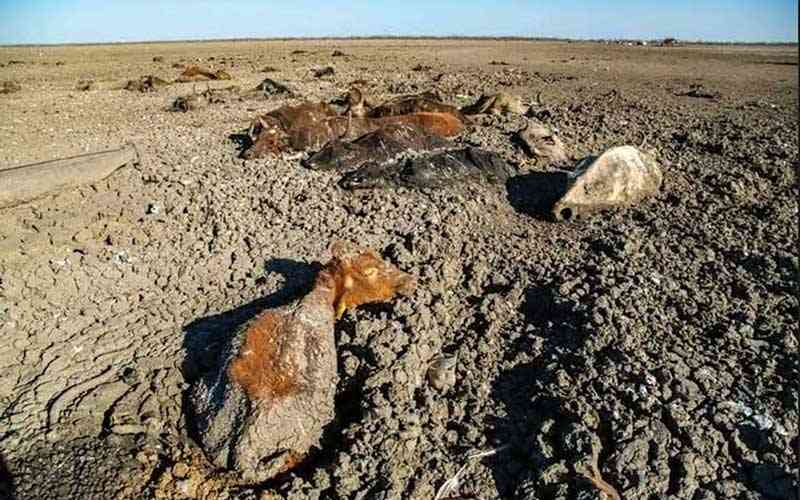Harare Correspondent
The El Nino Drought Action Committee (DAC) is taking swift action to address the devastating impact of the 2023/24 El Nino drought on livestock in Zimbabwe.
Established by the Ministry of Lands, Agriculture, Fisheries, Water and Rural Development on April 29, 2024, the DAC comprises academia, parastatals, private sector, development agencies, and government officials. Its primary goal is to develop immediate, short-term, medium-term, and long-term mitigation strategies to combat the drought’s effects on agriculture.
DAC’s Key Objectives:
- Immediate mitigation (six months): Address urgent issues such as cattle deaths and water shortages
- Short-term mitigation (three years): Implement measures to reduce drought impact
- Medium-term mitigation (five years): Develop resilience-building strategies
- Long-term mitigation: Ensure sustainable agricultural practices.
Professor Obert Jiri, Permanent Secretary of Lands, Agriculture, Fisheries, Water and Rural Development, emphasized the urgency of the situation, stating,
“We are gathered here today when urgent issues need to be addressed out there, as we hear that some 3,500 cattle succumbed to El Nino drought ever since it started in December 2023.”
DAC’s Efforts:
- Visiting drought-hit areas to oversee mitigation measures
- Collaborating with development partners to provide water for people and livestock
- Encouraging Zimbabwe National Water Authority (Zinwa) to adopt sand water extraction using solar technology
- Providing 15,000 tonnes of silage for distribution to affected regions
- Facilitating farmer-led initiatives to hasten silage shipment and supplement deteriorating grazing pastures.
Deputy Minister Davis Marapira highlighted the importance of swift action, saying,
“If the distance to water sources was shortened to three kilometers, many of the livestock deaths could have been averted.”
He also urged the Treasury to provide more funding to Zinwa to drill additional boreholes.
Zim GBC News*©2024


